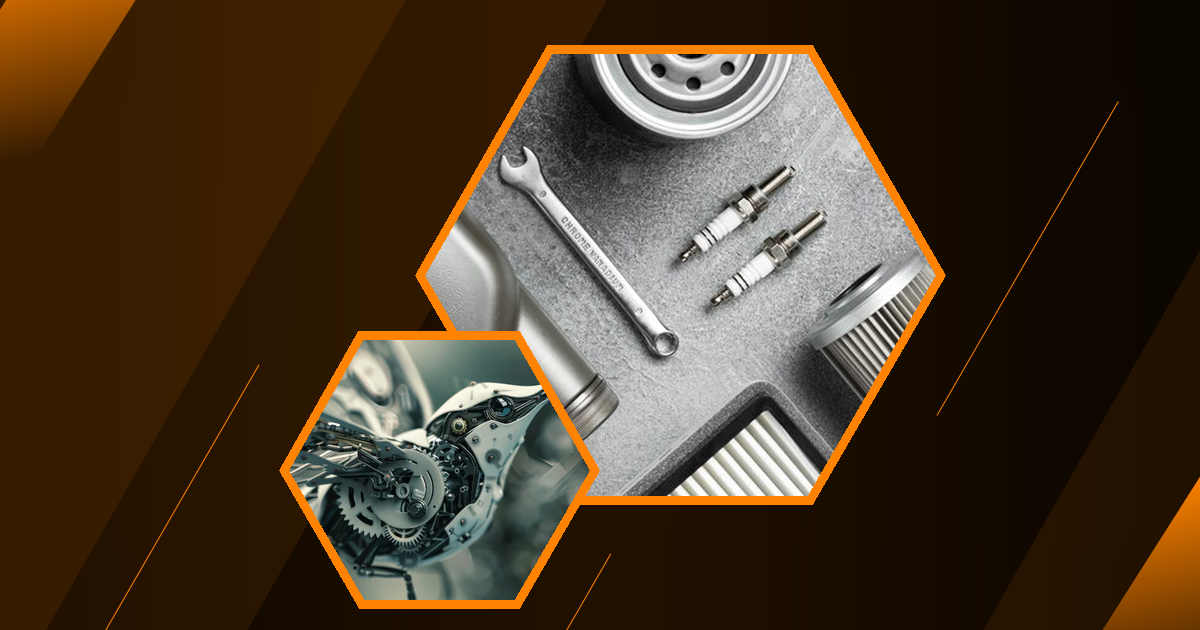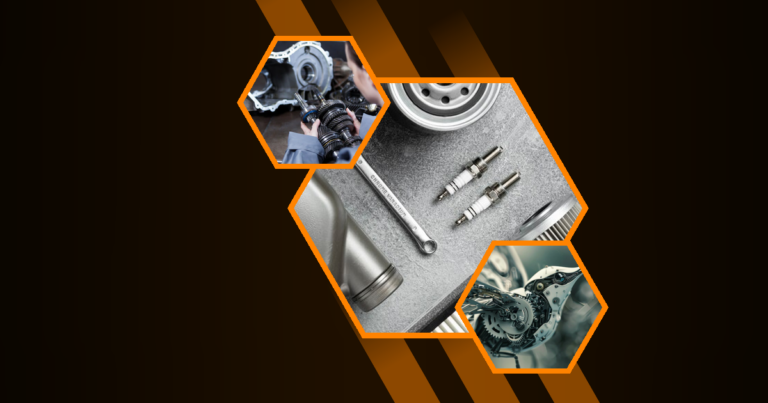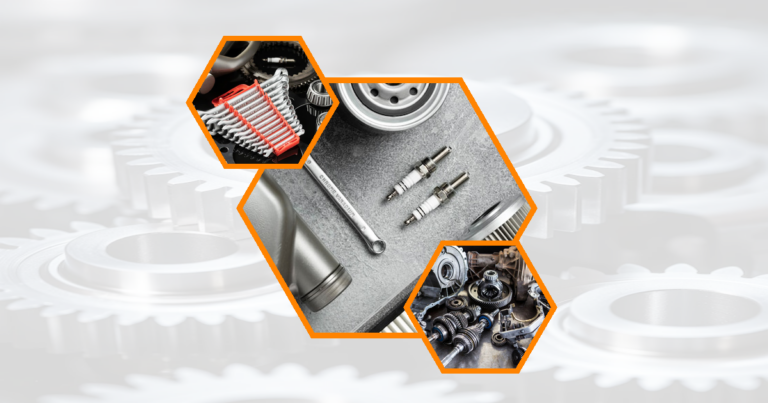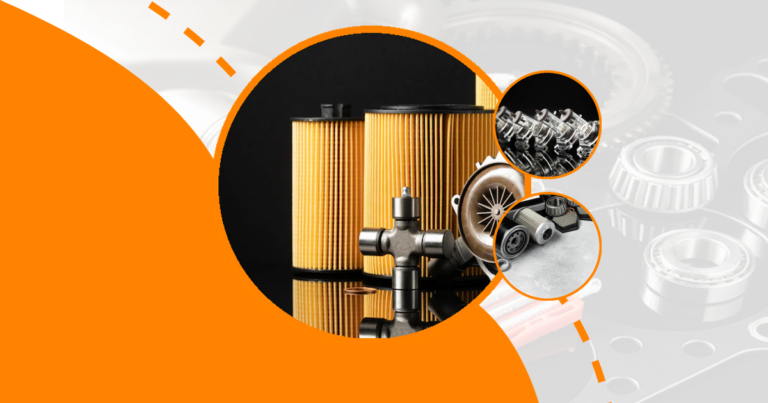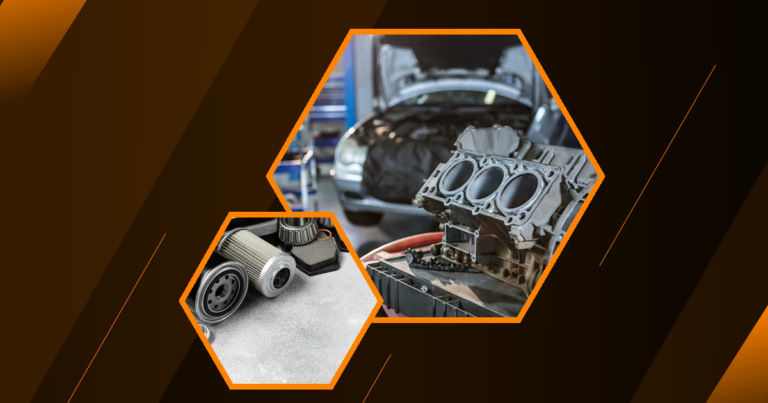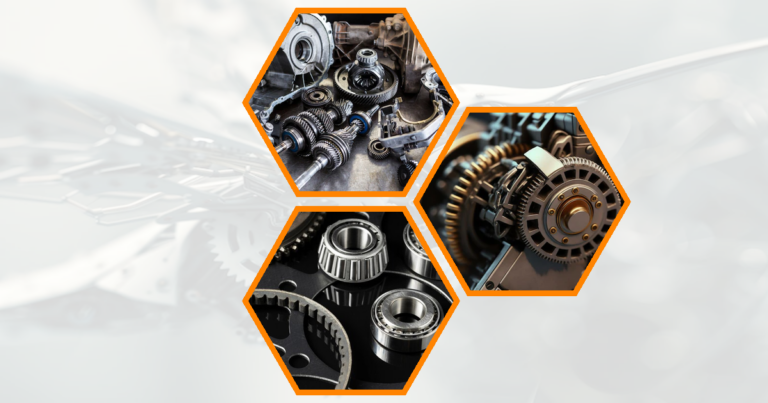Spare Parts GST Rate
Navigating the complexities of GST rates and HSN codes for automobile spare parts can be daunting. This guide aims to simplify these concepts, providing valuable insights for businesses and consumers alike.
Understanding GST Rates and HSN Codes for Automobile Spare Parts
What is GST on Automobile Spare Parts?
The Goods and Services Tax (GST) is a comprehensive tax levied on the manufacture, sale, and consumption of goods and services in India. For automobile spare parts, GST rates vary depending on the type of part. Generally, the GST rate for most spare parts is 18%, but it can differ based on specific categories.
- GST Rate for Common Spare Parts : Typically 18%
- Exceptions : Some parts may have different rates
Key HSN Codes for Common Spare Parts
The Harmonized System of Nomenclature (HSN) code is a standardized system used to classify goods. Each spare part has a unique HSN code that determines its GST rate. Understanding these codes is crucial for compliance and accurate tax calculation.
- HSN Code for Engine Parts : 8409
- HSN Code for Brake Components : 8708
- HSN Code for Electrical Parts : 8511
GST Rate Structure for Different Spare Parts Categories
Different categories of spare parts attract different GST rates. This structure helps in categorizing parts for tax purposes and ensures uniformity in taxation.
- Engine Parts : 18% GST
- Brake Components : 18% GST
- Electrical Components : 28% GST
Impact of GST on Spare Parts Pricing and Inventory Management
Pre-GST vs Post-GST Spare Parts Pricing Analysis
The introduction of GST has significantly impacted the pricing of spare parts. Before GST, multiple taxes were levied, leading to higher costs. Post-GST, the tax structure is streamlined, reducing the overall tax burden.
- Pre-GST : Multiple taxes, higher costs
- Post-GST : Unified tax, potential cost reduction
Effective Tips for Managing GST on Auto Parts Inventory
Managing inventory under the GST regime requires strategic planning. Businesses must ensure compliance while optimizing their inventory to avoid unnecessary tax liabilities.
- Regular Audits : Ensure compliance
- Efficient Stock Management : Avoid overstocking
- Accurate Record Keeping : Essential for GST filing
How GST Affects Spare Parts Supply Chain
GST has streamlined the supply chain for spare parts by eliminating the cascading effect of taxes. This has led to improved efficiency and reduced costs in the supply chain.
- Streamlined Processes : Reduced paperwork
- Cost Efficiency : Lower transportation costs
- Improved Logistics : Faster delivery times
GST Rates for Specific Spare Parts and Accessories
GST Rates for Brake Components (Pads, Shoes, Discs)
Brake components are essential for vehicle safety, and their GST rates reflect their importance. Generally, these parts attract an 18% GST rate.
- Brake Pads : 18% GST
- Brake Shoes : 18% GST
- Brake Discs : 18% GST
GST Rates for Engine Parts and Filters
Engine parts and filters are crucial for vehicle performance. These parts typically fall under the 18% GST bracket, ensuring uniformity in taxation.
- Engine Parts : 18% GST
- Oil Filters : 18% GST
- Air Filters : 18% GST
GST Rates for Electrical Components and Batteries
Electrical components and batteries are vital for modern vehicles. These parts often have a higher GST rate of 28%, reflecting their technological complexity.
- Batteries : 28% GST
- Alternators : 28% GST
- Starters : 28% GST
HSN Code Classification System for Automobile Spare Parts
Understanding the Structure of HSN Codes
HSN codes are structured to provide detailed information about a product. They consist of 6 to 8 digits, with each digit representing a specific category or sub-category.
- First 2 Digits : Chapter
- Next 2 Digits : Heading
- Last 2 Digits : Sub-heading
How to Determine the Correct HSN Code for Spare Parts
Determining the correct HSN code is crucial for compliance. Businesses must accurately classify their products to avoid penalties and ensure correct GST application.
- Identify Product Category : Use the HSN code list
- Consult Experts : Seek professional advice if needed
- Regular Updates : Stay informed about changes
Common Mistakes in HSN Code Assignment and How to Avoid Them
Incorrect HSN code assignment can lead to compliance issues. Businesses should be aware of common mistakes and take steps to avoid them. Optimize warehouse spares means making sure you have just the right amount of extra parts in storage This helps save money and space while still having what you need when machines break down Vehicle direction controller The
B2B automotive fraud happens when car companies trick other businesses they work with to make more money unfairly This can include lying about car parts or services to cheat business partners in the automotive industry Automotive mechanism distinctions Cars have different parts that work together to make them move and steer while trucks often have stronger engines and special systems to carry heavy loads
Automotive camshaft mechanism The
- Misclassification : Ensure accurate categorization
- Outdated Codes : Use the latest HSN code list
- Lack of Documentation : Maintain proper records
GST Impact on Different Vehicle Categories
GST Rates for Passenger Vehicle Spare Parts
Passenger vehicle spare parts generally attract an 18% GST rate. This rate applies to most components, ensuring consistency in taxation.
- Common Parts : 18% GST
- Luxury Components : May vary
GST Rates for Commercial Vehicle Spare Parts
Commercial vehicle spare parts also typically fall under the 18% GST bracket. This rate helps maintain uniformity across different vehicle categories.
- Engine Components : 18% GST
- Transmission Parts : 18% GST
GST Rates for Two-Wheeler Spare Parts
Two-wheeler spare parts are usually taxed at 18%. This rate applies to most parts, ensuring a consistent tax structure for two-wheelers.
- Brake Components : 18% GST
- Engine Parts : 18% GST
FAQs
What is the GST rate for body kits?
The GST rate for body kits is typically 28%. This rate reflects the premium nature of body kits and their classification as luxury components.
How do I find the correct HSN code for a specific spare part?
To find the correct HSN code for a specific spare part, consult the HSN code list or seek professional advice. Accurate classification is crucial for compliance and correct GST application.
Is GST applicable on used or refurbished spare parts?
Yes, GST is applicable on used or refurbished spare parts. The rate may vary depending on the classification and condition of the parts.
Can I claim input tax credit on spare parts purchased for my business vehicle?
Yes, you can claim input tax credit on spare parts purchased for your business vehicle, provided you are a registered business and maintain proper documentation.
Are there any spare parts exempt from GST?
Most spare parts are subject to GST, but there may be exemptions for certain essential or low-value items. It’s important to consult the latest GST regulations for specific exemptions.
What is the GST rate for brake pads?
The GST rate for brake pads is 18%. This rate applies to most brake components, ensuring uniformity in taxation across similar products.
What is the HSN code for car spare parts?
The HSN code for car spare parts varies depending on the specific part. For example, engine parts have the HSN code 8409, while brake components are classified under 8708.
How much GST is applicable on alloy wheels?
Alloy wheels attract a GST rate of 28%. This higher rate reflects the premium nature and technological complexity of alloy wheels compared to standard wheels.
Are there different GST rates for OEM vs aftermarket spare parts?
Yes, there can be different GST rates for OEM and aftermarket spare parts. OEM parts often have a standardized rate, while aftermarket parts may vary based on their classification and use.
